Photocatalytic optical fibers convert water into hydrogen
Green Car Congress
APRIL 6, 2020
Researchers at the University of Southampton have transformed optical fibers into photocatalytic microreactors that convert water into hydrogen fuel using solar energy. The microstructured optical fiber canes (MOFCs) with photocatalyst generate hydrogen that could power a wide range of sustainable applications.

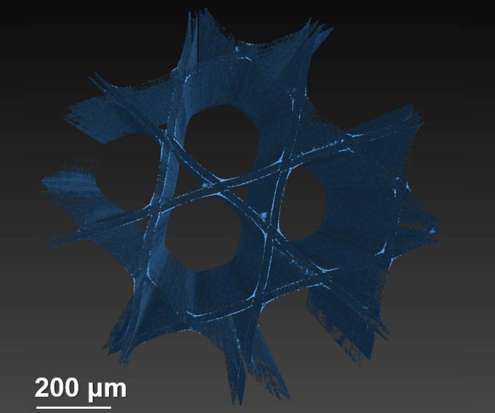
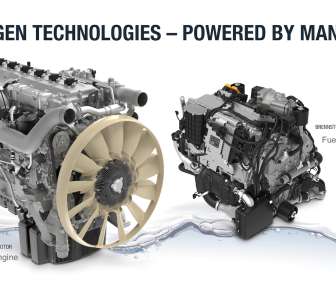
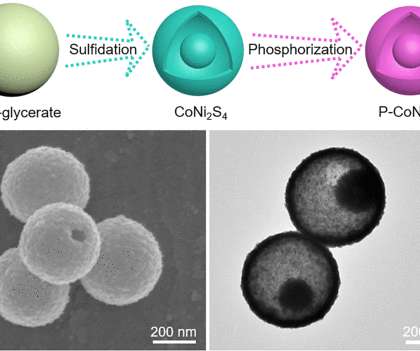

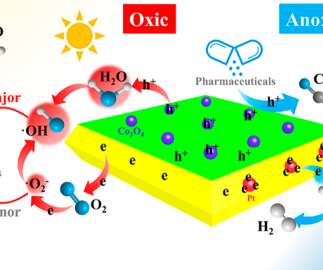






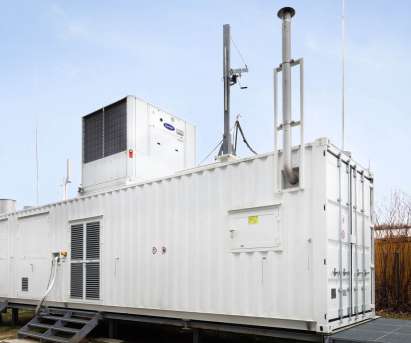

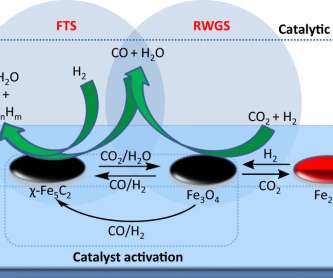
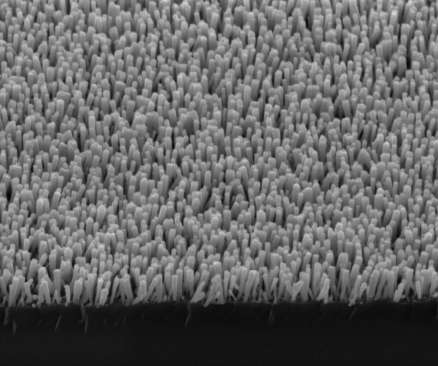



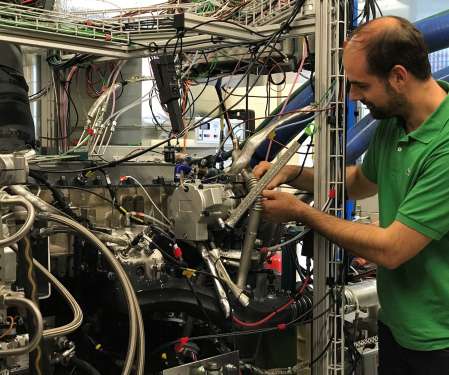




















Let's personalize your content